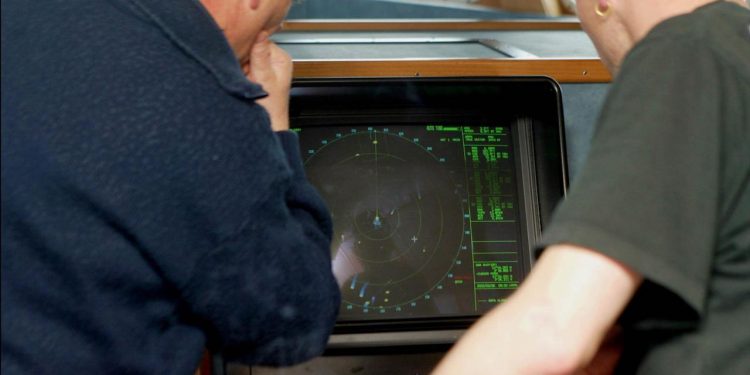The EU has announced its readiness to exchange fisheries control data using a new common global standard recognised by the United Nations. This is the first time this new global standard will be used for data sharing between a Contracting Party, the EU, and an RFMO, in this instance the North-East Atlantic Fisheries Commission (NEAFC).
The EU has informed the NEAFC it will start using the modern UN/FLUX standard for sending them electronic logbook data. The UN/FLUX standard, developed by the EU and officially recognised by the United Nations Centre for Trade Facilitation and Electronic Business (UN/CEFACT), harmonises the exchanges of fisheries control data internationally and is already used in the EU.
This harmonisation of data exchange formats reduces costs, and makes fisheries control more efficient and accessible to public authorities.
After several years of preparation, the 14 EU countries fishing in the NEAFC area have concluded intense technical preparations by making the necessary changes to the systems on board of the vessels and in their Fishing Monitoring and Control Centres.
NEAFC agreed in 2019 on a stepwise introduction of this new standard, with the EU being the frontrunner and other contracting parties following two years later. The EU is now awaiting the NEAFC annual meeting in November to confirm the technical readiness, before the standard can be used as of January 2024.









